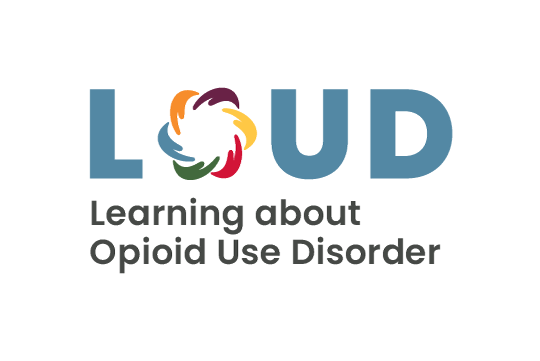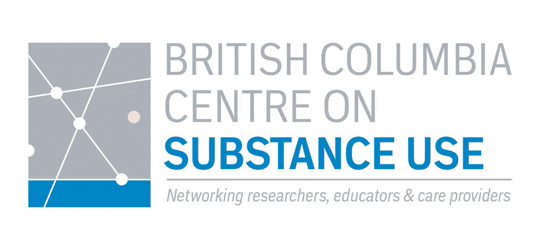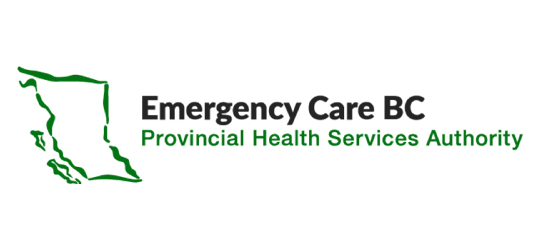
LOUD in the Emergency Department
(LOUD in the ED) Collaborative
A provincial quality improvement initiative focused on improving quality of ED care for people living with opioid use disorder (OUD).
Running until summer 2025 the LOUD in the ED Collaborative is a unique opportunity to work with partners across the province with the aim of improving ED care for those living with OUD. Whether you are in a regional or site-specific role, you can join this provincial initiative to support system-wide and sustainable changes that meet the care goals of those receiving and delivering OUD care in ED settings.
Improve OUD Care Across the Province
LOUD in the ED is led by Health Quality BC in partnership with Emergency Care BC and the BC Centre on Substance Use. This work is being done in collaboration with health authorities, with funding and support from the Ministry of Mental Health & Addictions and Ministry of Health through the Community Action Initiative.
By joining LOUD in the ED, you can take part in the co-development and spread of effective tools and practices to improve OUD care in EDs across the province.


Convene & Co-develop
Project Goals and Deliverables
Connect & Take Action
with Colleagues
In-Person and virtually
Implement & Spread
Resources, Tools and Best Practices with Teams
Where Do You See Yourself Making a Difference?
How do we improve OUD care in emergency departments around the province? We reached out to key partners across the health care system to identify opportunities to better support care.
This is what we heard:
System-wide Action is Needed
All roles involved in OUD care for EDs are encouraged to join LOUD in the ED! Whether you’re an individual or a team in regional leadership or point of care in hospitals and community, we want to hear from you! Involvement from across the system is needed to make a difference.
LOUD in the ED Collaborative Frequently Asked Questions
Express Your Interest Today
Start your LOUD in the ED Collaborative journey by expressing your interest. If you still have questions please get in touch at loud@healthqualitybc.ca.

